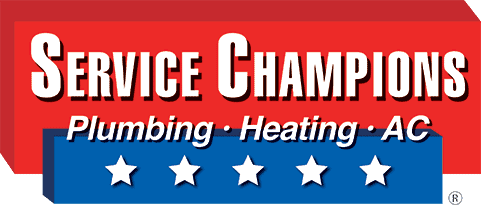What is a MERV Rating and Why Does it Matter?
Have you heard your HVAC technician mention the MERV rating? It stands for Minimum Efficiency Reporting Value and describes the filtration efficiency of your furnace or air conditioner.
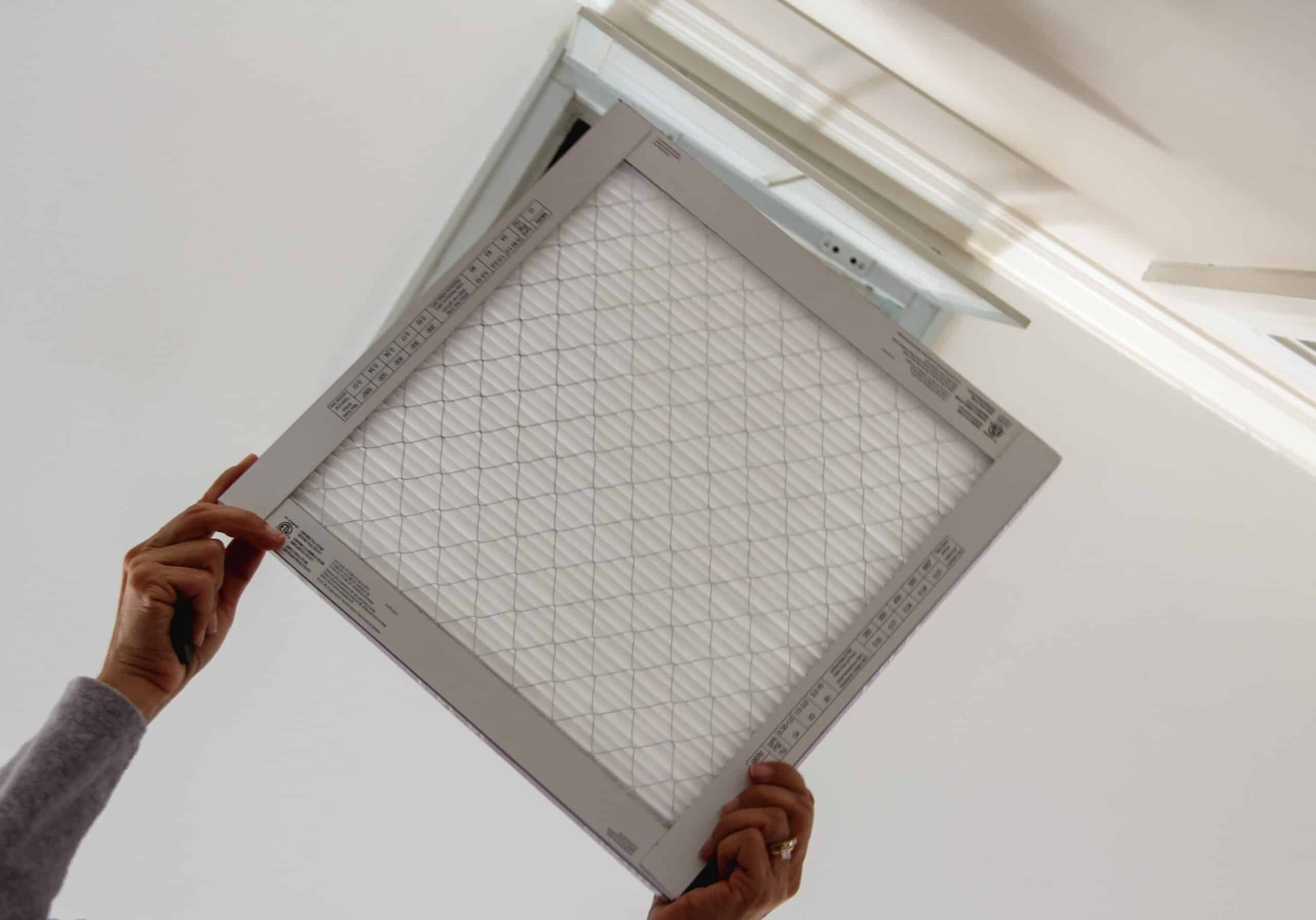 When it comes to indoor air quality, it’s not just about comfort — it’s about your health. You spend most of your time in your home or office, so you want to ensure that you and your family breathe clean air.
When it comes to indoor air quality, it’s not just about comfort — it’s about your health. You spend most of your time in your home or office, so you want to ensure that you and your family breathe clean air.
We’ve put together some information about MERV ratings to help you understand why it’s important to have the right rating for your HVAC system.
What is a MERV Rating?
MERV is the minimum efficiency reporting value for air filtration. It’s a standard created by the American Society of Heating, Refrigeration, and Air-Conditioning Engineers (ASHRAE) for measuring the ability of an air filter to capture particles from the air passing through it. The higher the MERV rating, the more efficient it is.
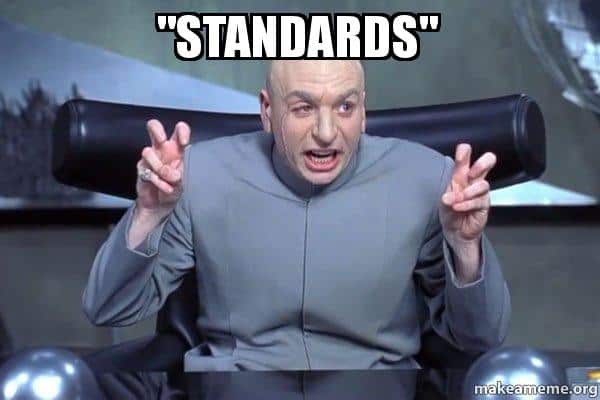
If you have allergies or asthma, a higher MERV rating means your air filter captures more allergens and irritants from the air that passes through it.
Understanding a MERV Rating
The MERV rating measures the filtration efficiency of an air filter. A common misconception is that this measures the size of the particles that are filtered out. But it’s a measure of how well the filter can trap dust and pollutants.
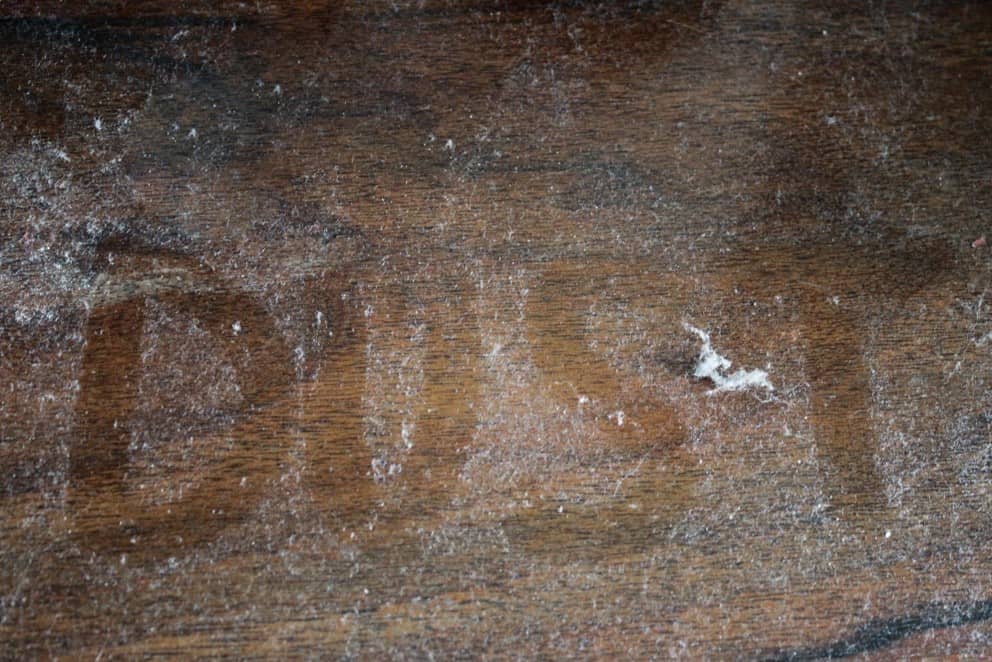 The higher the MERV rating, the better a filter will remove particles from the air. The best MERV filters remove particles as small as 0.3 microns!
The higher the MERV rating, the better a filter will remove particles from the air. The best MERV filters remove particles as small as 0.3 microns!
MERV Ratings and Their Uses
The MERV rating system measures the ability of an air filter to capture particles in its surface area.
MERV rating 1-7
Air filters with a MERV rating of 1-7 are used in larger industrial settings where airflow is already good. They’re primarily used to protect machinery by removing larger particles from the air, which can damage motors and other equipment.
These filters are more energy efficient. However, they aren’t always suitable for residential settings. Using a lower-rated filter may help you save money on your bills, but your indoor air quality will be poor, putting your health at risk.
MERV Rating 8-13
As a general rule, most people will want to use an air filter with a MERV rating of 8-13 for their homes. A rating of 8 is suitable for those who don’t live near smoke pollution and don’t suffer from allergies or asthma.
MERV Rating 14-20
Hospitals and laboratories use very high MERV ratings because they have special needs regarding air filtration. They need their filters to capture as many bacteria, viruses, and other infectious agents as possible while still allowing clean air into their buildings.
These kinds of air filters sound appealing to have in your home. However, they use a lot of energy, and as a result, you end up with higher energy bills.
The best way to keep your air as clean as possible at home is to use a HEPA filter.
Do HEPA Filters Have a MERV Rating?
The importance of air purifiers cannot be overstated. Not only do they help create a healthy home environment, but they also contribute to the overall health of your family. If you are looking for an air purifier that is both effective and affordable, then consider a HEPA filter.
But what is a HEPA filter, and how does it differ from a MERV-rated filter?
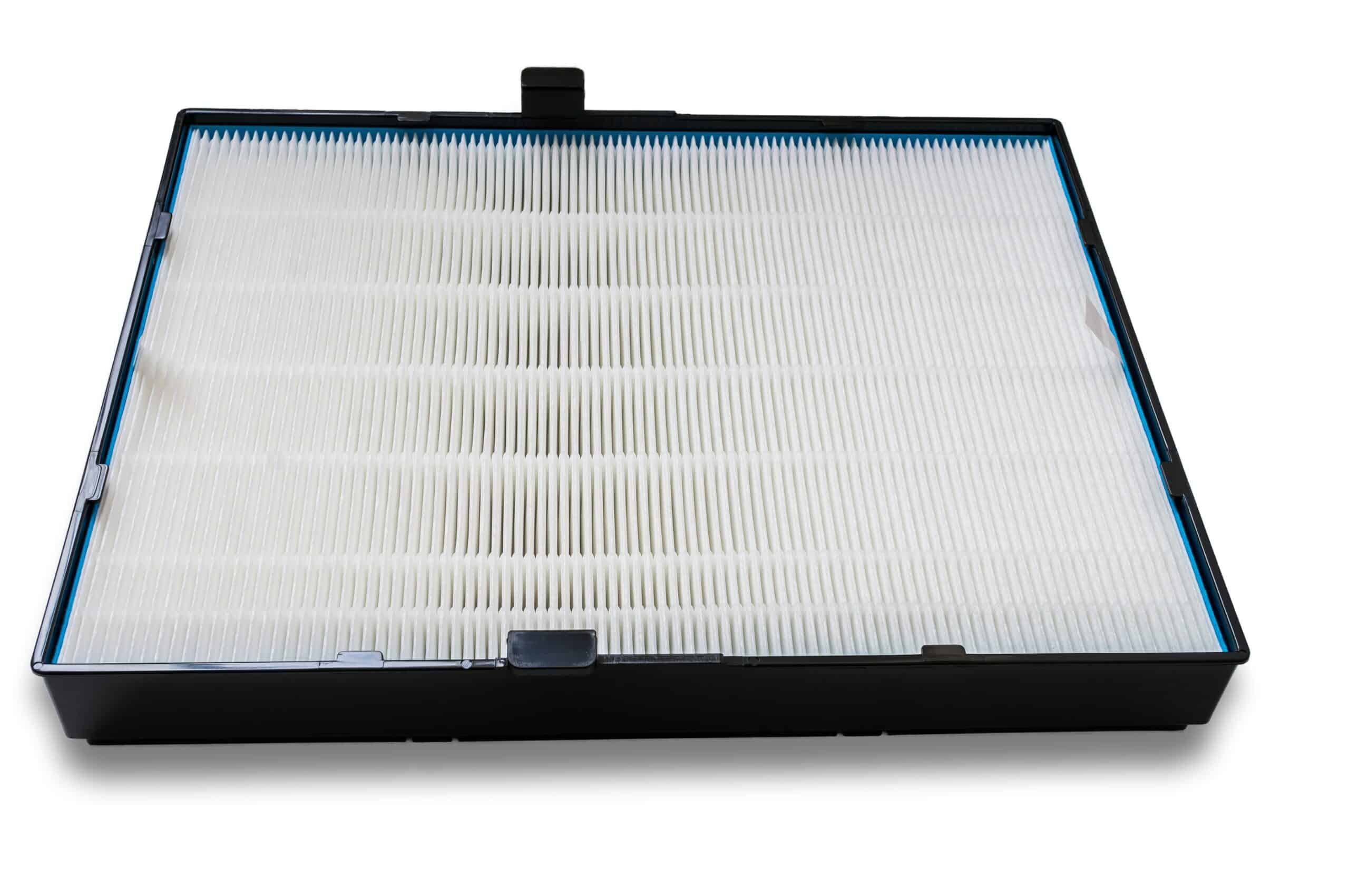 A high-efficiency particulate absorbing filter or high-efficiency particulate arrestance (HEPA) filter is a type of air filter designed to trap tiny particles, including bacteria, viruses, and mold spores.
A high-efficiency particulate absorbing filter or high-efficiency particulate arrestance (HEPA) filter is a type of air filter designed to trap tiny particles, including bacteria, viruses, and mold spores.
That’s why not all HEPA filters come with a MERV rating. Instead, they exceed the MERV ratings – meaning they’re one of the best filters you can buy.
Lastly, air filters don’t last forever. They need maintenance like any other aspect of your HVAC system. So, when you see your filters collecting dust and debris, it’s time to replace them.
 Still trying to decide which air filter is best for your home? Contact the HVAC experts at Service Champions today for more information.
Still trying to decide which air filter is best for your home? Contact the HVAC experts at Service Champions today for more information.
